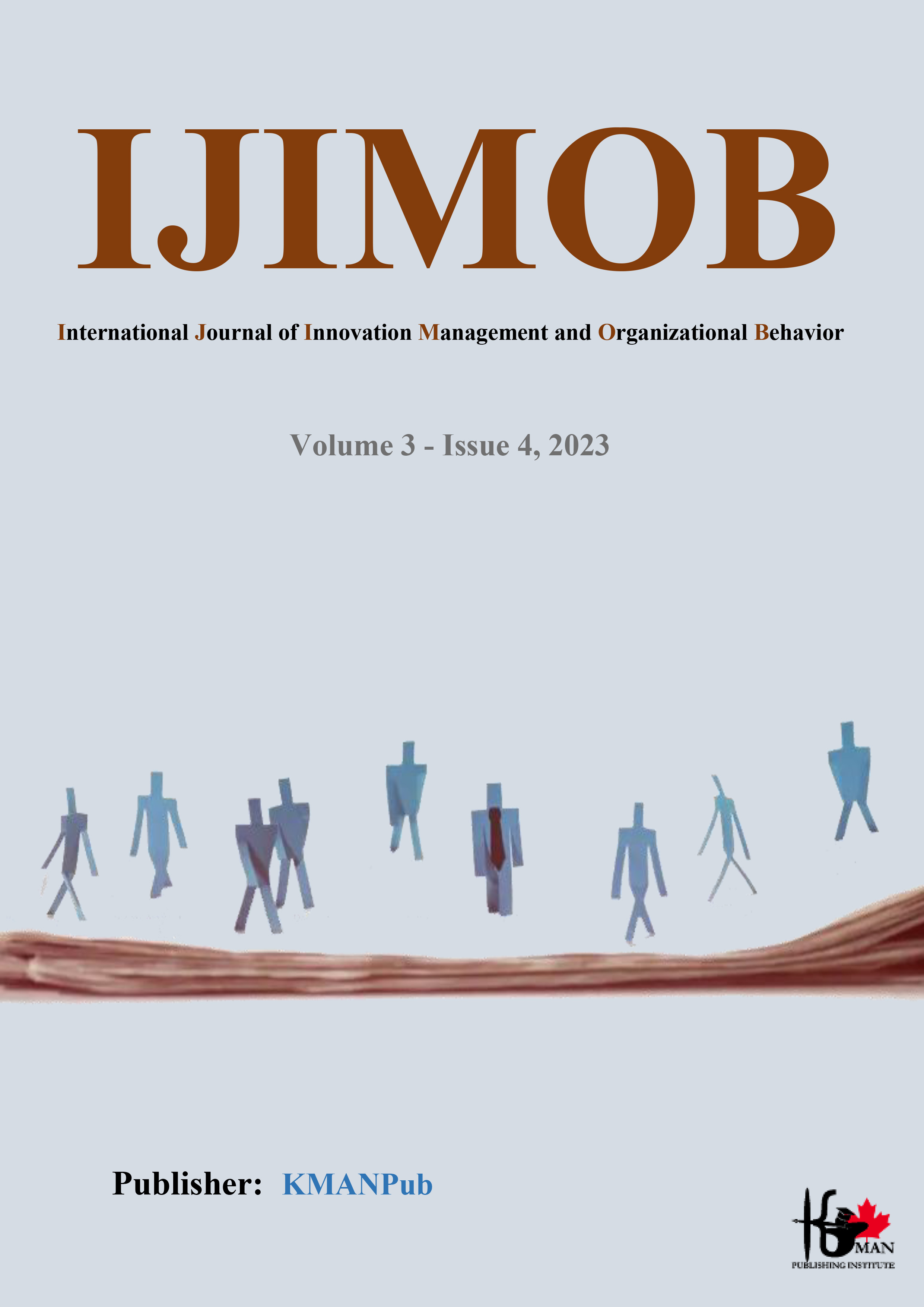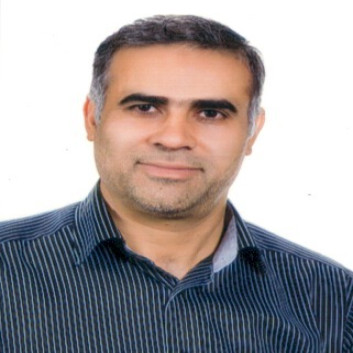Designing an Appropriate Model for Assessing the Performance of Enterprises at Various Stages of the Organizational Life Cycle
Abstract
Objective: The current research aims to design a performance evaluation model using the Balanced Scorecard approach, based on the organizational life cycle.
Methods: This study is of an applied research type and is survey-based in terms of analysis of collected data. The required data were collected through fieldwork using three researcher-made questionnaires and document study method. The statistical population of this research included 320 managers and supervisors of Iran Khodro Investment Development Company and its subsidiaries. For data analysis, group hierarchical analysis was used. The sample size was determined using the Morgan table, and respondents were selected via simple random sampling.
Findings: The results of the data analysis showed that organizations pay more attention to their internal processes during the birth stage. However, during the growth stage, they focus more on increasing market share and customer satisfaction, and on the growth of production and income, which in this case moves the organization towards enlargement and elimination of competitors. During the maturity stage, increasing the economic value of the organization and creating more assets and income along with consolidating and strengthening the market position are of greater interest. Narcissism, lack of attention to renovation and innovation, creativity, as well as increased levels of costs and bureaucracy cause the organization to decline and, since it cannot maintain its market and balance its income with expenses, it quickly moves to the death stage in the organizational life cycle.
Conclusion: The findings of this research can be of interest to human resource planners, especially automotive companies, and can be useful for improving quality and achieving organizational goals.
Downloads
Downloads
Additional Files
Published
Issue
Section
License
Copyright (c) 2023 Mehdi Darini (Author); Mohsen Moradi (Corresponding Author); Ahmad Nateq Golestan, Vahid Sanavi Grosian (Author)

This work is licensed under a Creative Commons Attribution-NonCommercial 4.0 International License.

























